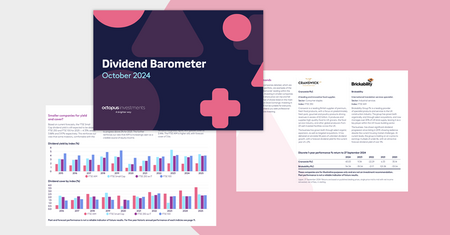The results
Based on the anticipated investment return, this table compares the tax due and tax reliefs available for an EIS-qualifying investment and for a non-EIS investment.
Investment outcome
EIS investment
Non-EIS investment
Total investment return
Investment
Investment gain (or loss)
-
-
-
-
-
-
Tax and reliefs
Rate of tax
Income tax relief
Capital gains tax payable if sold
Inheritance tax payable if held on death
Capital gains tax deferred
Loss relief against income
30%
-
40%
-
-
-
N/A
N/A
-
-
N/A
-
-
N/A
N/A
Based on tax rates and individual circumstances you provided:
Anticipated investment return:
-
Income tax rate:
-
Capital gains tax rate:
-
Capital gains available for deferral:
-
Deferred gain from the sale of a residential property or carried interest:
-
This calculator assumes the relevant conditions have been met for EIS tax reliefs to apply.
The above figures exclude fees and advisers charges, which will be specific to the product and investment provider.
It's worth bearing in mind that typical charges for EIS investments include initial fees, ongoing fees, annual management charges, and dealing fees for the purchase and sale of shares. In some cases they can also include a performance fee.
Key investment risks
- Tax treatment depends on personal circumstances and tax rules may change in the future.
- Tax reliefs depend on EIS companies maintaining their qualifying status.
- The value of an investment can go up as well as down and investors may not get back the full amount invested.
- EIS-qualifying shares may rise or fall in value more than companies listed on the main market of the London Stock Exchange. They may also be difficult to sell.
We always recommend investors talk to a qualified financial adviser before making any investment decisions.
What’s next
EIS guide
Octopus Ventures EIS Service
Contact our team
Need support from an Octopus business development manager?
Call us at 0800 316 2067




